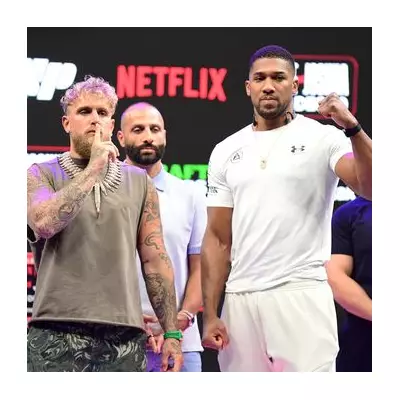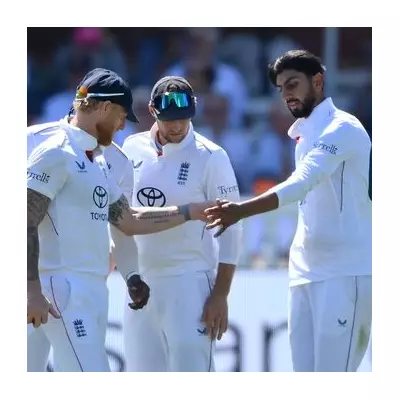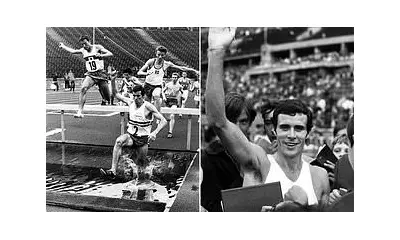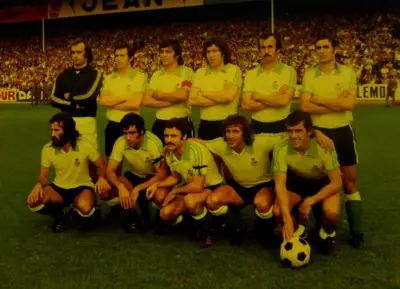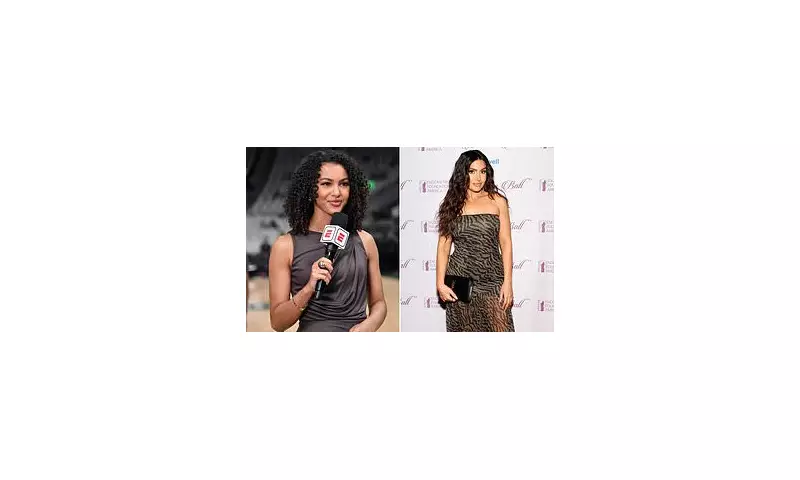
The polished facade of ESPN's flagship debate show, First Take, has been pierced by viewers picking up on a distinctly frosty atmosphere between two of its leading ladies. The professional rapport between host Molly Qerim and NBA analyst Malika Andrews is being intensely scrutinised by a discerning audience, suggesting an undercurrent of tension during their on-air interactions.
This speculation ignited following a recent segment where Andrews, the rising star and host of NBA Today, joined the show remotely. Observant fans were quick to flock to social media, pointing to perceived awkwardness, a lack of warm engagement, and notably clipped body language between the two prominent broadcasters.
Decoding The Digital Reaction
The digital sphere became an impromptu focus group, with platforms like X (formerly Twitter) and Reddit buzzing with commentary. One viral clip, in particular, captured a seemingly terse exchange that viewers interpreted as evidence of a strained relationship. Comments ranged from claims of visible 'animosity' to observations about a lack of the typical conversational warmth expected between colleagues.
This incident isn't occurring in a vacuum. It taps into a persistent narrative among some sections of the ESPN viewership concerning the integration of Andrews into the First Take ensemble, a space long commanded by Qerim and the bombastic Stephen A. Smith.
Professionalism Amidst Speculation
Despite the fervent online discourse, it is crucial to note that both Qerim and Andrews have maintained a flawless professional demeanour on camera. There have been no public statements, verbal missteps, or explicit conflicts to validate the theories of a feud. The analysis remains almost entirely based on subjective interpretation of non-verbal cues and perceived tonal shifts.
This situation highlights the intense pressure and microscopic examination faced by high-profile women in sports media, where their every interaction is analysed and often sensationalised in a way rarely applied to their male counterparts.
For now, the alleged 'cold war' remains a product of audience perception. Both journalists continue to execute their roles with utmost professionalism, leaving the true nature of their off-camera relationship a matter of private speculation rather than public fact.


